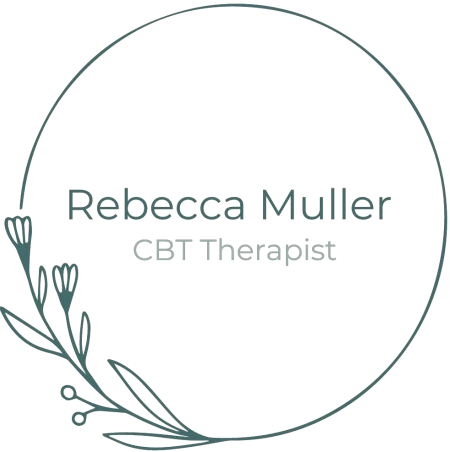I often have clients who come to see me wanting to dive straight into the difficult stuff. "I just want to talk about what happened and get it sorted," they'll say. It's completely understandable -when you're hurting, you want relief as quickly as possible. As a trauma therapist based in North Berwick, I understand this urgency, but I've learned that jumping straight into processing traumatic memories without proper preparation can actually make things worse.
What Is the Stabilisation Phase?
Think of trauma therapy like building a house. You wouldn't start with the roof, would you? The stabilisation phase is about laying strong foundations before we begin the deeper work of processing traumatic memories. It's the first of three phases in trauma therapy, followed by trauma processing and then integration.
Why This Phase Matters
When we experience trauma, our nervous system can get stuck in survival mode - constantly scanning for danger, feeling overwhelmed, or shutting down completely. If we try to process traumatic memories while your system is still in this state, it can feel retraumatising rather than healing.
What Happens During Stabilisation
During this phase, we focus on several key areas. We work on building both external safety (like healthy boundaries and supportive relationships) and internal safety (feeling emotionally grounded). We also spend time developing our therapeutic relationship - creating that safe space where you feel truly heard and understood.
You'll learn practical tools for managing overwhelming emotions, like grounding techniques, breathing exercises, and mindfulness practices. We also explore how trauma affects your brain and body, helping you understand that your responses are completely normal reactions to abnormal experiences.
Common Concerns
Many clients worry they're avoiding the "real work" during this phase. Let me reassure you - stabilisation isn't avoidance, it's preparation. You're not stuck; you're building the strongest foundation possible for meaningful recovery.
What You Can Expect
You'll develop a toolkit of coping strategies, learn to recognise your triggers and responses, and create daily routines that support your wellbeing. If needed, we'll also create a crisis plan to help you manage particularly difficult moments.
Moving Forward
The stabilisation phase empowers you to face your past with resilience rather than feeling overwhelmed. It's about building strength, not staying stuck. The length of this phase varies for everyone - some people need weeks, others need months. There's no rush.
If you're considering trauma therapy, please know that taking time to build these foundations isn't a delay in your healing - it's an essential part of it. Recovery isn't linear, and that's perfectly okay.
If you'd like to learn more about how trauma therapy could support your healing journey, please don't hesitate to reach out. I'm here to help you build that strong foundation for lasting recovery.
